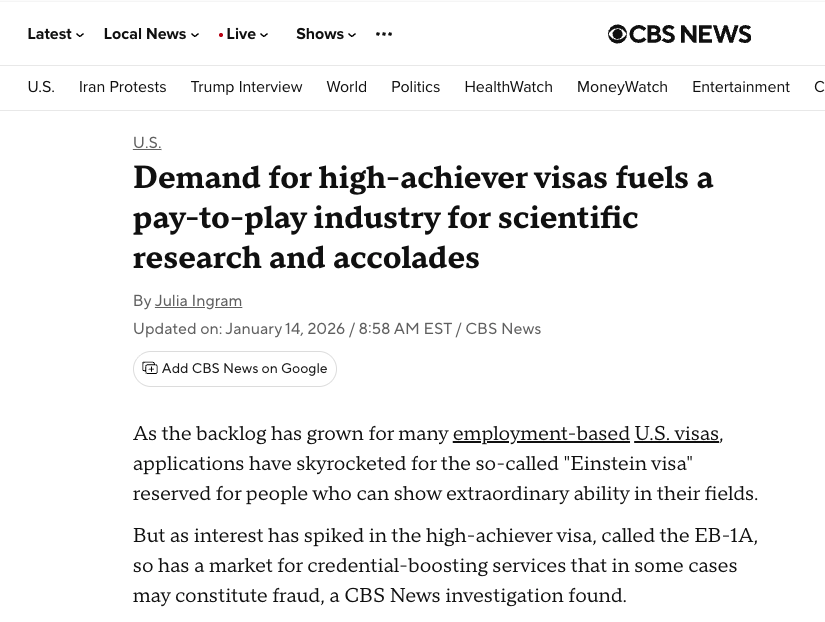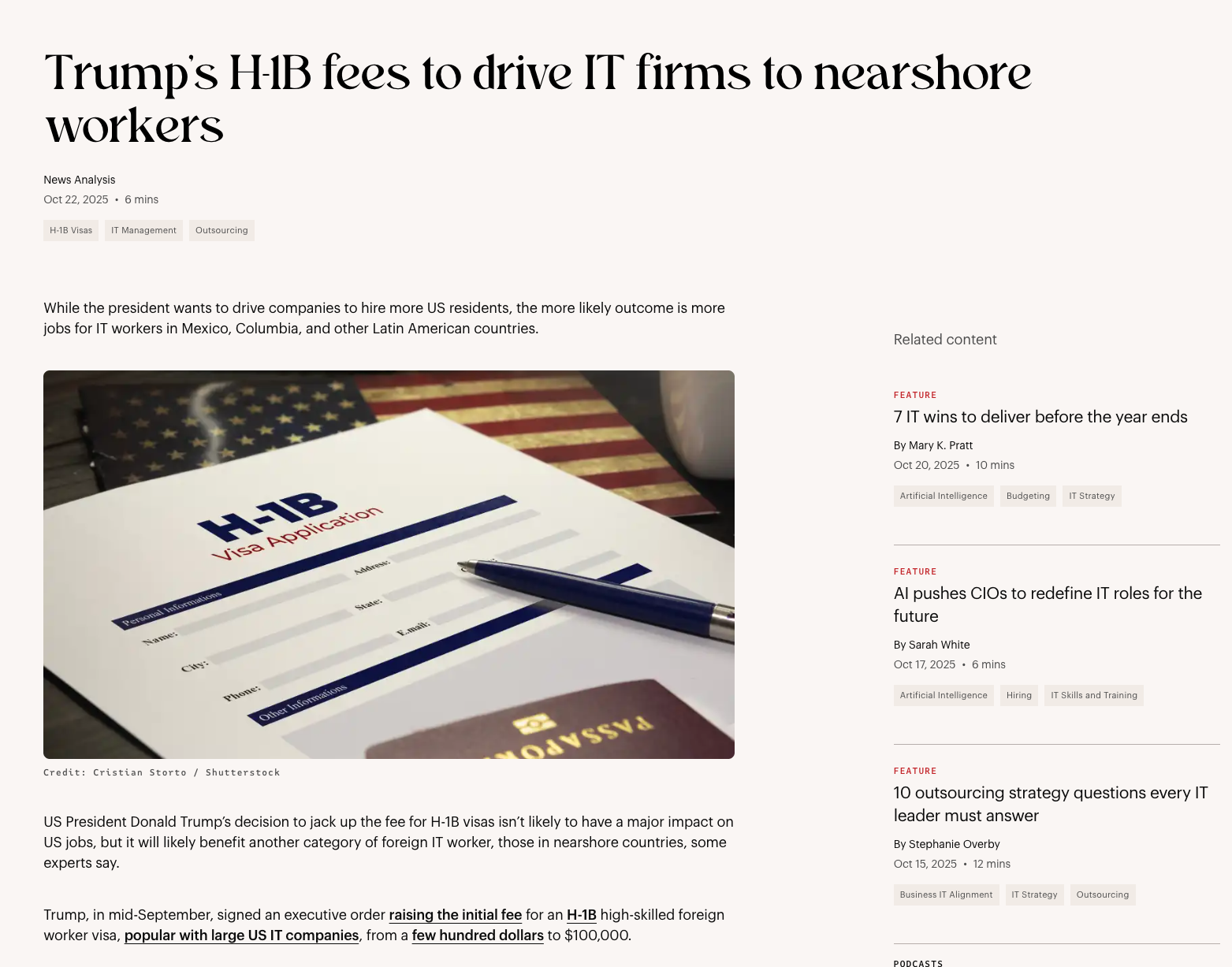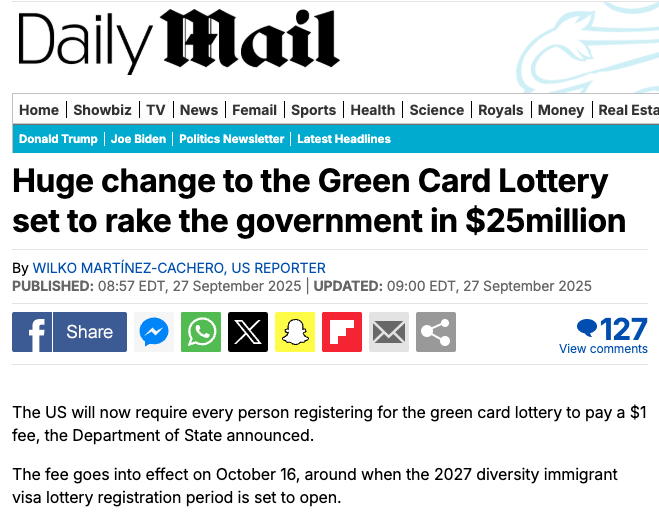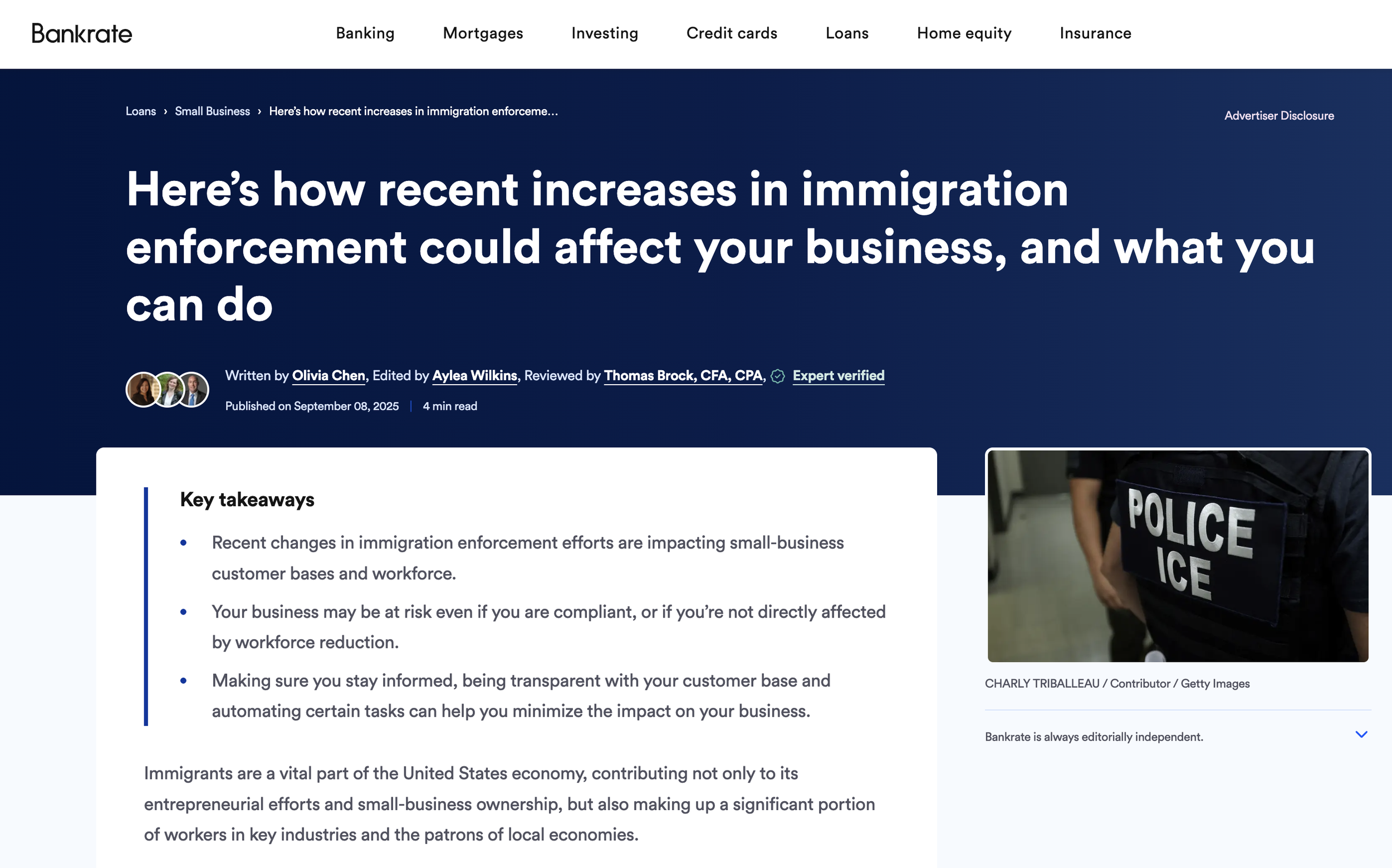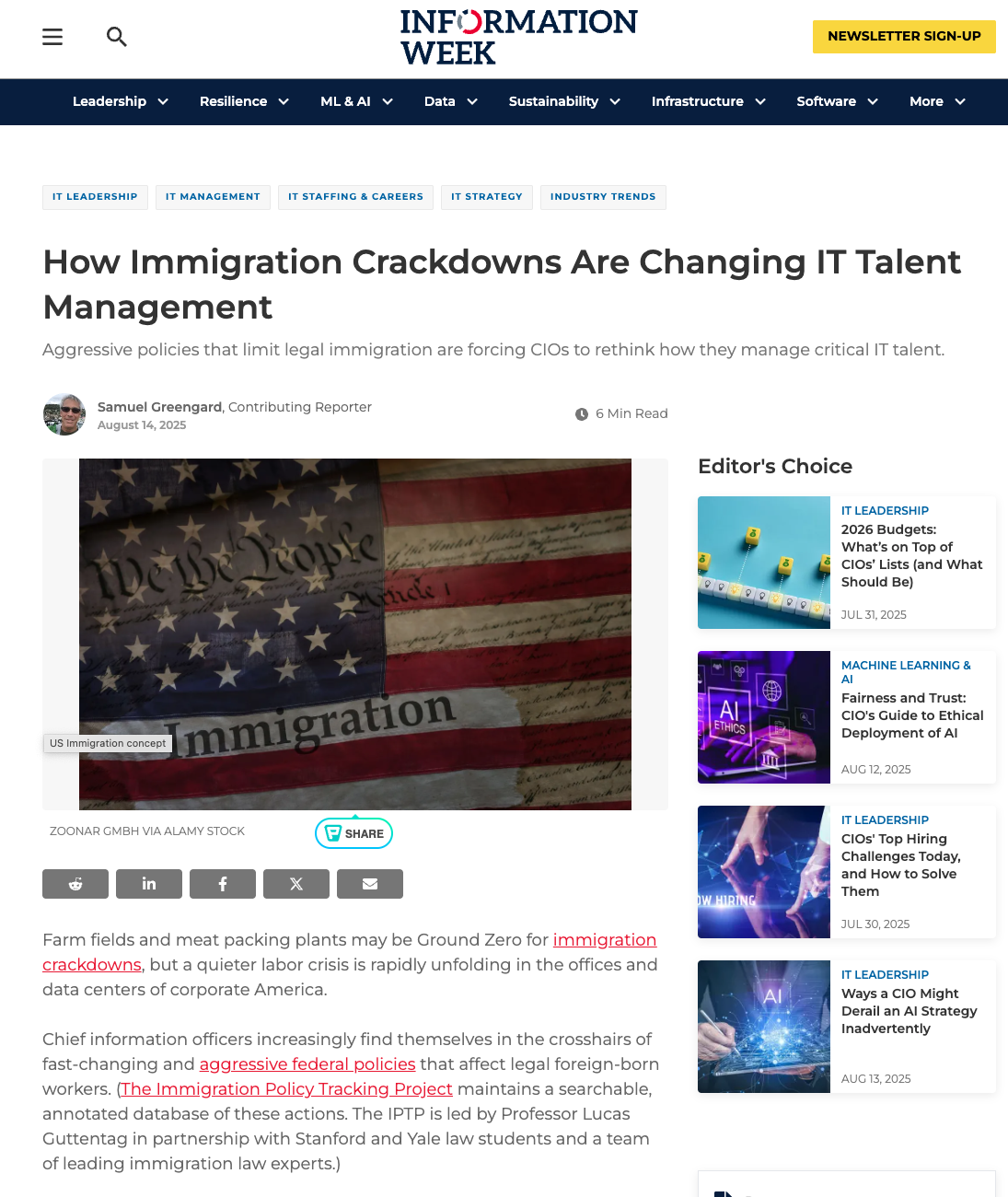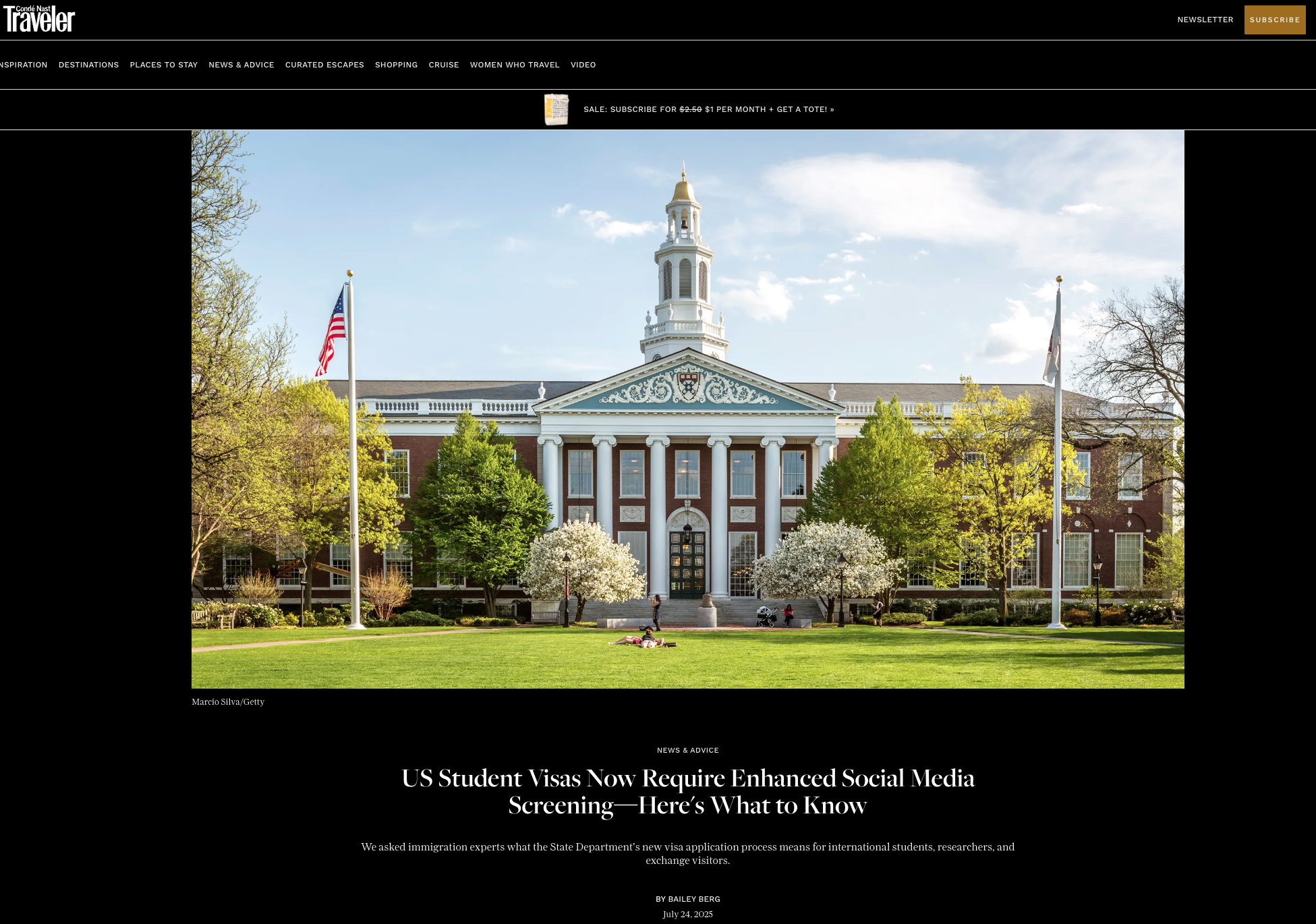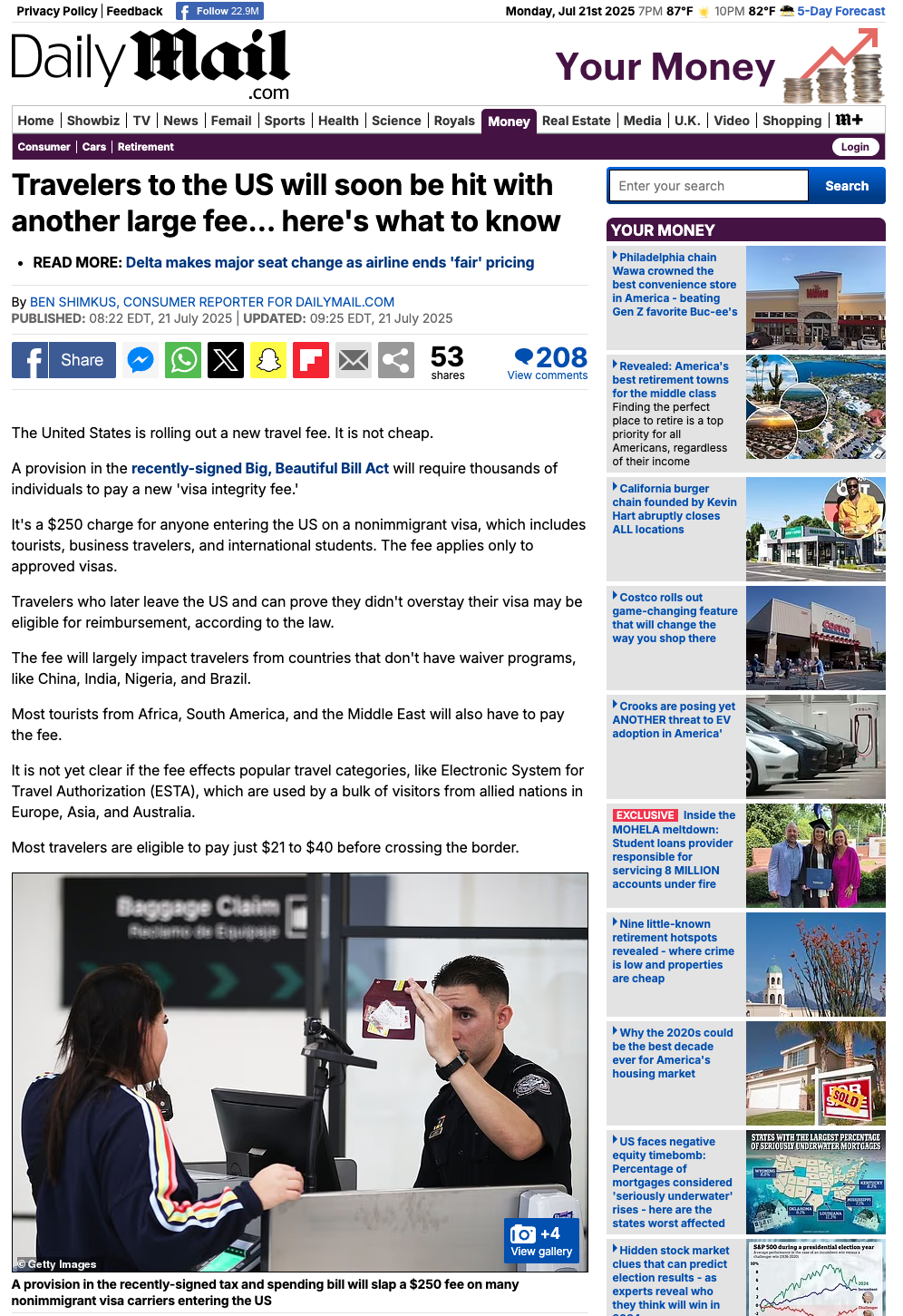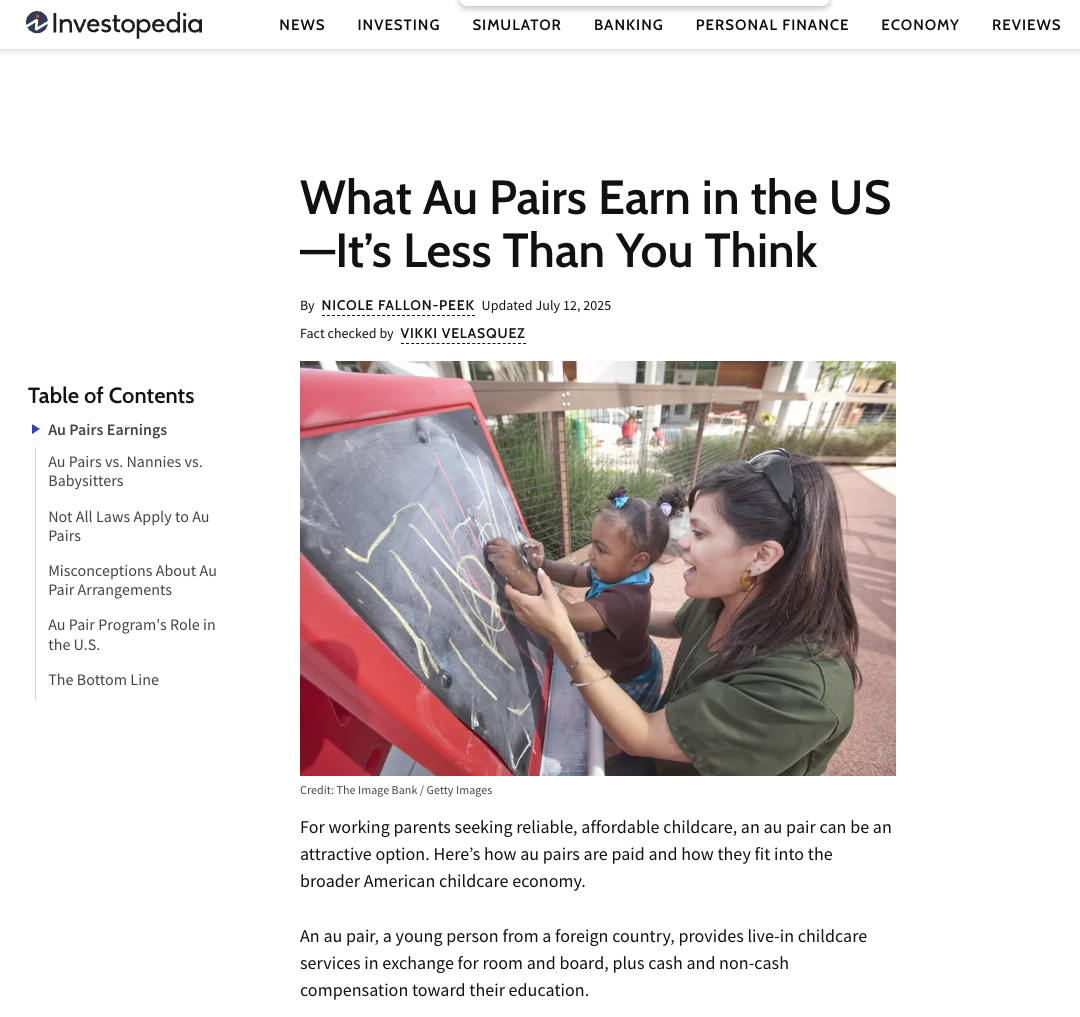“Students need to understand that their digital footprint could become part of their permanent US immigration record,” says Loren Locke, an immigration attorney at Locke Immigration Law, who previously adjudicated thousands of visa applications as a State Department consular officer. “This means years of posts, comments, and friendships could be scrutinized.”
…
“Visa applicants should expect more intensive scrutiny and potentially lengthy administrative processing,” Locke says. “The routine student visa interview of years past no longer exists under these protocols. The resource-intensive nature of the review consular officers are supposed to do means each visa adjudication could take significantly longer, and the delays could compound as consulates get more backed up.”
Visa adjudication has yet to return to normal capacity, Locke added, meaning there are fewer slots available for visa interviews than before, which has further slowed down the operation. And given that the State Department has just undergone a massive layoff of Foreign Service Officers, there is presently no clear timeline for returning to the previous processing volume.
“Students should book their interview as far in advance as possible,” Locke says, adding that because the screening will also apply to returning student visa applicants, “current international students should carefully evaluate international travel that would require them to apply for a new visa and consider staying put in the US instead.”
With increased scrutiny of digital footprints, Locke also suggests that applicants be proactive in reviewing old social media posts and cleaning up their social media presence, being mindful of how content could be interpreted.
…
Historically, US student visa screening focused on elements like academic credentials and financial proof, not their viewpoints.
“Given the rapid pace of visa interviews and the norm that consular officers make nearly all of their decisions on the spot while the visa applicant is present, it has never before been a normal part of visa adjudication for a consular officer to browse the internet to find out more about a visa applicant during or after a visa interview,” Locke says. Under the previous administration, a consular officer could “ask wide-ranging questions during a visa interview for a student, but it would have been rare in the past to delve into a student's political beliefs or opinions about the United States,” he adds.
Locke added that it previously would have been normal for officers to ask questions such as “why did you choose this institution or this field of study?,” “what are your plans after you graduate?” and “how are you able to pay for this?” While students would come prepared with a considerable amount paperwork, consular officers would focus primarily on the I-20 form issued by the university, which outlines key information about the student's planned course of study. Before adjudicating a visa, the consular officer has always been responsible for checking the visa applicant's DS-160 online application responses and making sure there's no security-related reasons not to issue the visa (such as derogatory information associated with the applicant's name, fingerprint, or photo that has been flagged).
“All of this checking was very structured and did not call for the consular officer to look things up on the internet, nor was there enough time to do so,” Locke says.
…
“I am concerned about the chilling effect this new visa policy will have on legitimate academic discourse and cultural exchange,” Locke says. “This scrutiny could make the US less attractive as a destination for international students, despite our world-class universities. We could be sacrificing our competitive edge in attracting global talent for security theater.”
https://www.cntraveler.com/story/us-student-visa-new-social-media-vetting-rules

